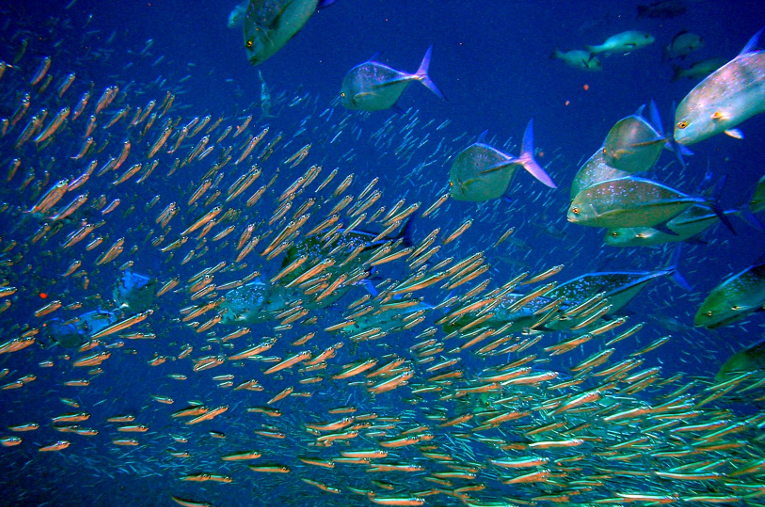(Conversation recorded on December 6th, 2022)
Show Summary
On this episode, Nate is joined by systems ecologist William E. Rees. Professor Rees outlines why most of the challenges facing humanity and the biosphere have a common origin – ecological overshoot. Bill also unpacks “the ecological footprint” – a concept that he co-created, that measures the actual resources used by a given population. Bill also describes his experience as a leading thinker in public policy and planning based on ecological conditions for sustainable socioeconomic development, and the challenges he’s faced working in a system which (so far) rejects such premises. Is it possible for a different way of measuring the system to set different goals of what it means to be successful as a society?
About William E. Rees
William Rees is a population ecologist, ecological economist, Professor Emeritus and former Director of the University of British Columbia’s School of Community and Regional Planning in Vancouver, Canada. He researches the implications of global ecological trends for the longevity of civilization, with special foci on urban (un)sustainability and cultural/cognitive barriers to rational public policy. Prof Rees is best known as the originator and co-developer with Dr Mathis Wackernagel of ‘ecological footprint analysis’ (EFA), a quantitative tool that estimates human demands on ecosystems and the extent to which humanity is in ‘ecological overshoot.’ Dr Rees is a founding member and former President of the Canadian Society for Ecological Economics; a founding Director of the OneEarth Living Initiative; a Fellow of the Post-Carbon Institute and an Associate Fellow of the Great Transition Initiative.
To watch this video episode on Youtube → https://youtu.be/LQTuDttP2Yg
Show Notes and Links to learn more:
00:40 – Bill Rees Works + Info
02:46 – Ecology
04:35 – Food chains/energy pyramids
04:52 – Human’s dominant involvement in food chains/webs
11:05 – History of isolating humans from the rest of nature
11:33 – Social construction of reality – mental models
12:07 – Exchange value model (Circular flow model)
15:42 – Timeline of human population
17:57 – Population and economic growth over the last hundred years
19:28 – Boom-Bust Cycle
21:18 – 500 billion fossil workers
21:30 – K-Selected species vs r-selected species
22:17 – Malthus
24:43 – Carrying Capacity
27:21 – Limits to Growth
28:39 – The substitution factor
29:02 – Julian Simon
30:01 – Competitive Displacement
30:50 – Wild mammals are 3-4% of all mammals (Land + ocean is only 2%)
31:48 – Paul Ehrlich, bet between Paul and Julian
33:10 – Albert Bartlett – The New Flat Earth Society
35:23 – The Social Conquest of Earth – EO Wilson
39:29 – Systems Theory
39:54 – Overshoot
40:39 – Carbon Dioxide is the largest waste product of industrial societies by weight (46 billion tons)
43:17 – Each city occupies between 100-1000x more land than the actual land it sits on
44:02 – Tokyo uses more biocapacity than the entire country of Japan
48:34 – Humans are evolved to be short sighted
51:18 – 800 million people who don’t get enough food to eat every day
54:56 – Rachel Carson
56:40 – Postmodernism
58:23 – Tomas Björkman, TGS Episode
59:17 – Different sects of economics
1:04:52 – Humans need to have a hope, a motivation
1:05:35 – Ecological Tax Reform
1:07:07 – Discount rate
1:09:40 – Half of all fossil energy used has been used since 1990 and 90% since 1940
1:14:50 – Knowledge alone doesn’t change behavior
1:15:08 – Purchasing patterns of environmentalists vs average people
1:21:38 – There were 20 million horses working agriculture field in 1920
1:22:55 – The Ecological Footprint
1:23:25 – Decoupling
1:34:18 – Economist claiming that climate change will only decrease GDP 3% due to agriculture
1:36:47 – Josh Farley + TGS episodes 1 + 2
1:37:28 – Bjorn Lomborg
1:38:05 – Bill Rees + Bjorn Lomborg Nature debate
1:42:25 – Western Countries subsidizing EV cars
1:42:50 – Ecological and ethical comparison of EVs and ICE cars
1:45:07 – Tikopia
Teaser photo credit: Predator bluefin trevally sizing up schooling anchovies, in the Maldives. An illustration of the population dynamics of fisheries. By Bruno de Giusti – Own work, CC BY-SA 2.5 it, https://commons.wikimedia.org/w/index.php?curid=1607302






